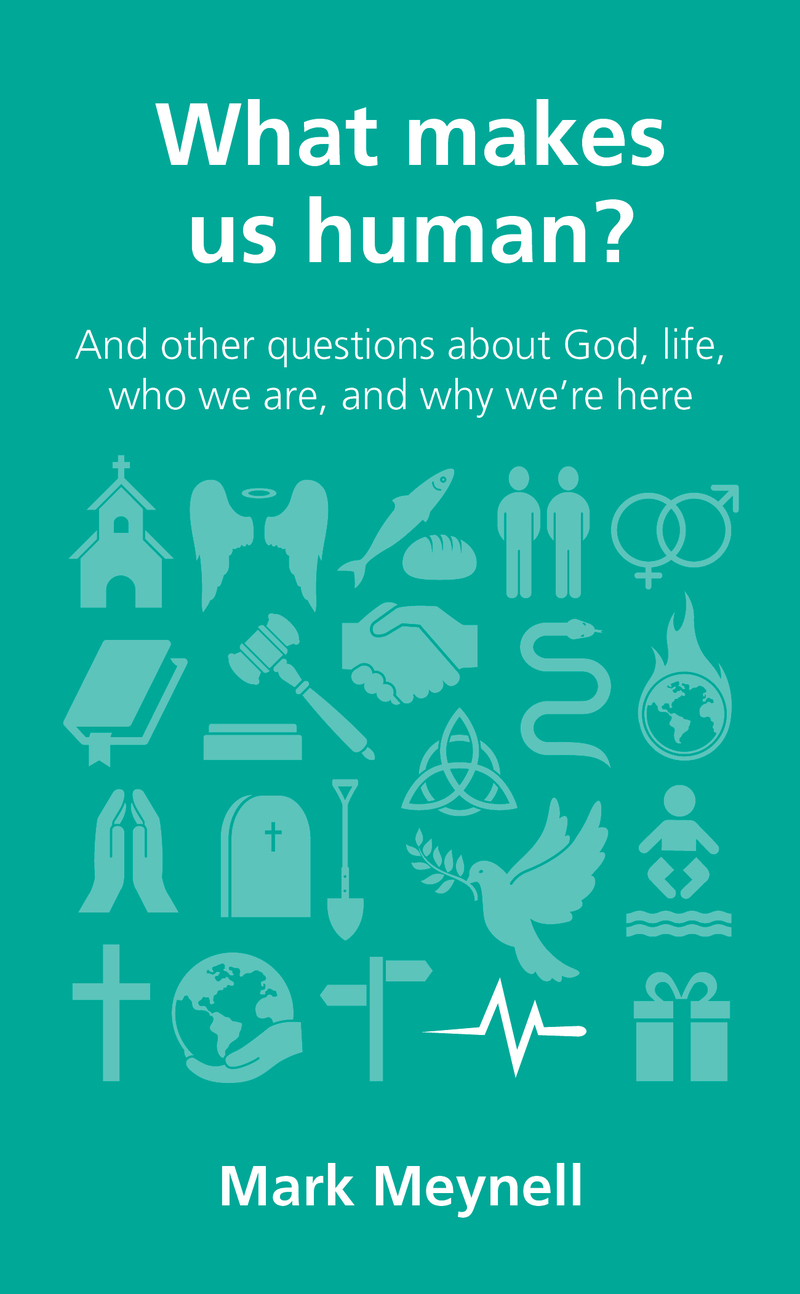 I sometimes think I have a difficult job, but listening to Dr John Wyatt speak at the Evangelical Ministry Assembly this week made me think otherwise. John is a committed Christian, professor of ethics at University College London and does ground-breaking research into preserving the lives of premature babies. But he described the pain he feels as he is working to save the lives of late-term babies, while on the floor below, they are routinely being terminated in abortions.
I sometimes think I have a difficult job, but listening to Dr John Wyatt speak at the Evangelical Ministry Assembly this week made me think otherwise. John is a committed Christian, professor of ethics at University College London and does ground-breaking research into preserving the lives of premature babies. But he described the pain he feels as he is working to save the lives of late-term babies, while on the floor below, they are routinely being terminated in abortions.
When does life start, and when does a blob become a baby? This is a theme touched on in Mark Meynell's new book, launched at the conference: What makes us human? On the question of when does life start he comments:
"All human beings equally share the image of God and the fact that we are sinners does not completely destroy it. This is true of all of us—even before we are born. So God can tell Jeremiah:
Before I formed you in the womb I knew you. Jeremiah 1 v 5
David can rejoice in the fact that God...
... created my inmost being; you knit me together in my mother’s womb. Psalm 139 v 13
In other words, God is involved even at the moment of conception.
You created my inmost being; you knit me together in my mother’s womb. Psalm 139 v 13
The Bible never speaks of any moment at which someone somehow becomes human. This has profound implications for how we think about questions like abortion. Exodus 21 v 22-25 commands the same penalty for someone who causes the death of a baby in the womb as for someone who commits murder. This clearly indicates that God considers a baby in the womb to be as fully human as a full-grown adult.
Although there are rare circumstances where there is a more difficult choice to be made—for example, if the mother’s life is at serious risk, or if the baby is the result of rape or abuse—Christians will always default to celebrating and choosing life, even when it involves hardship and difficulties. But because we believe in a gospel of grace, we should always be sympathetic and reassuring of God’s love and forgiveness to those who have lost children in the past—for whatever reason."
 If we are to engage with people sensibly on these difficult and emotional questions, we need a robust understanding of the Bible's view on who we are as human beings—because at the end of the day, these ethical questions always come down to this more fundamental issue. Exactly who or what am I?
If we are to engage with people sensibly on these difficult and emotional questions, we need a robust understanding of the Bible's view on who we are as human beings—because at the end of the day, these ethical questions always come down to this more fundamental issue. Exactly who or what am I?
What makes us human? is part of the Questions Christians Ask series, and is available now, here.
Now you've seen this post, let us know what you think. Comment in the box below. You can also like us on Facebook, follow us on Twitter, and subscribe to our YouTube Channel